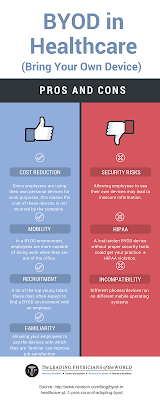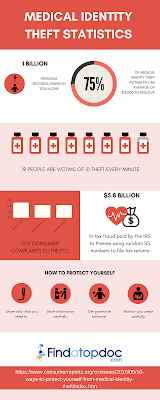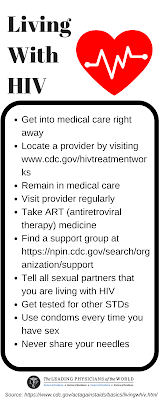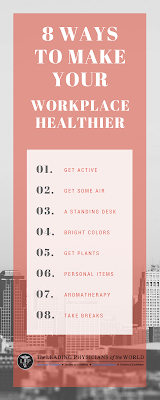Control Tablet TCO

Total cost of ownership (TCO) has become one of the major concerns for healthcare ITDMs (healthcare IT decision makers) who have adopted tablets as an IT solution in healthcare. It is the time ITDMs should gain insight and address all challenges that are facing large scale deployment of tablets (more than 250 tablets). By doing this, they will help private and public organizations realize the full productivity of a computed tablet. According to an online survey of more than 200 healthcare ITDMs conducted by Dell, the cost of one tablet is approximately $499. However, the total cost of securing, connecting and managing a tablet totals to about $2230. This means that securing, managing and connecting a tablet cost about 4.5 times its total purchase price. What Healthcare ITDMs Say about Tablet Cost, functionality, security and Usage Here is what healthcare ITDMs say about tablets: Tablet Usage statistics According to a survey conducted for 200 ITDMs, here is the t...





